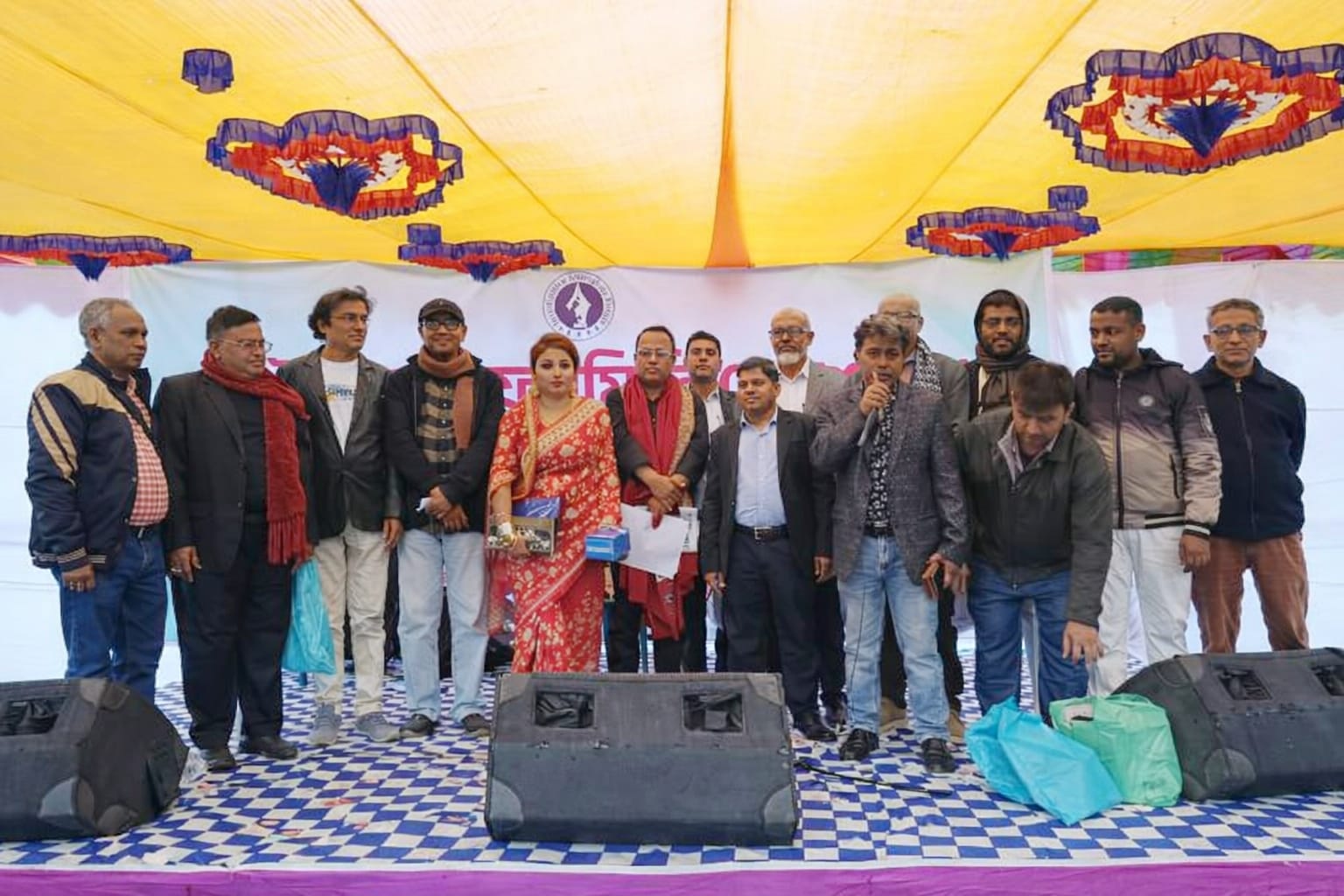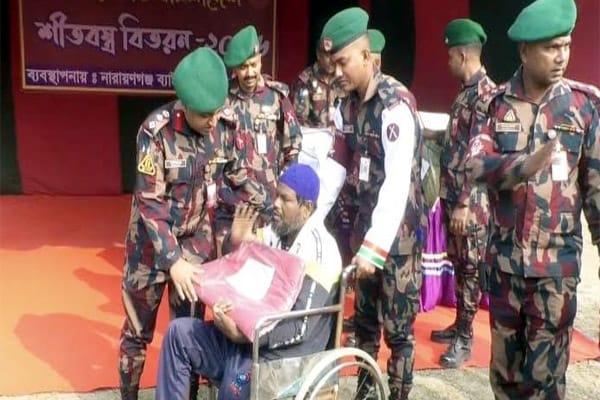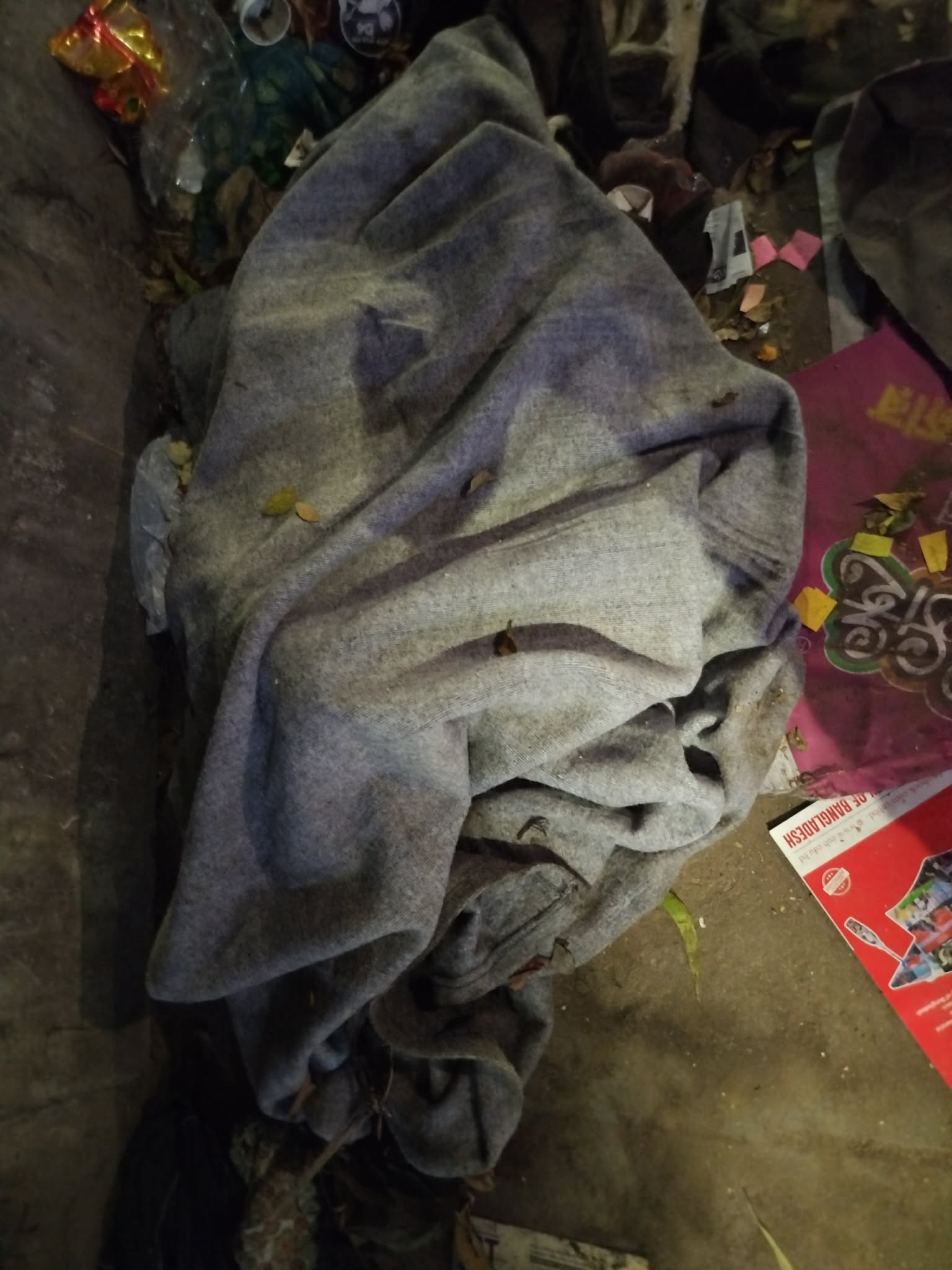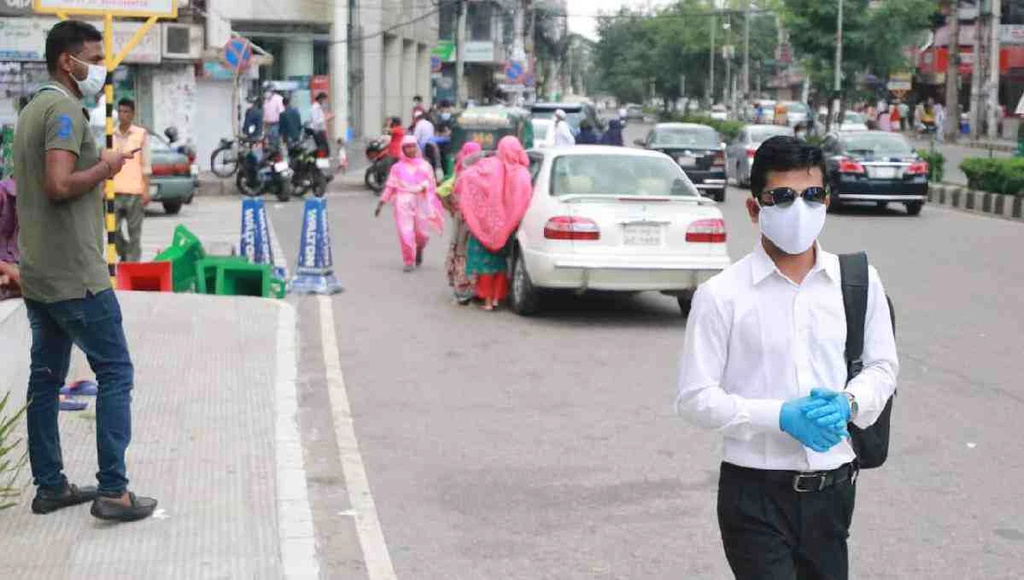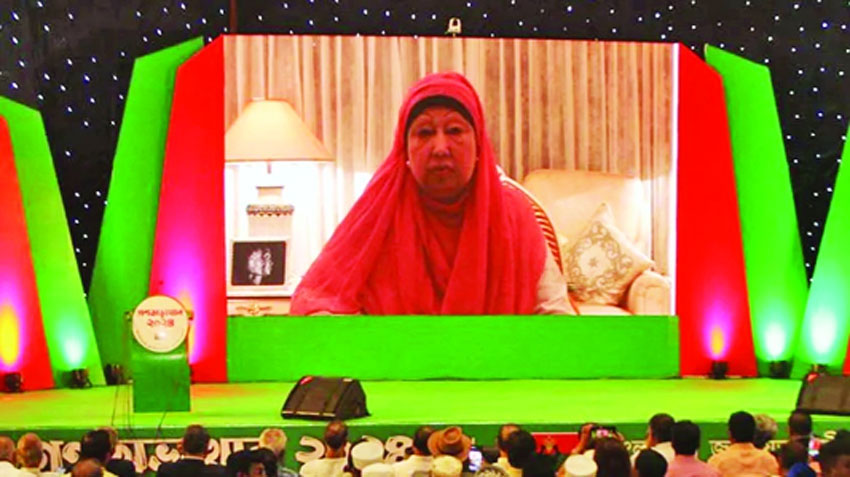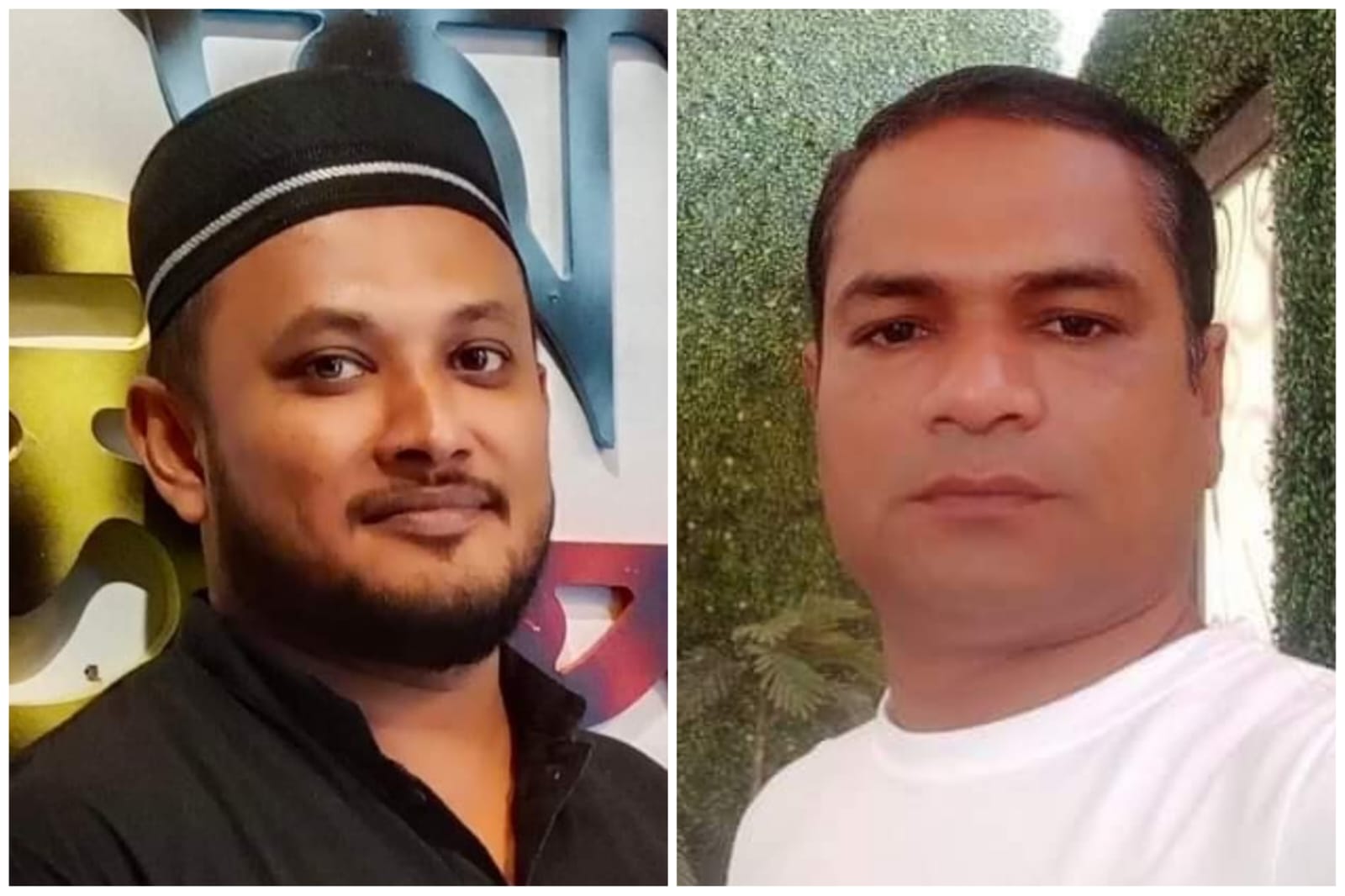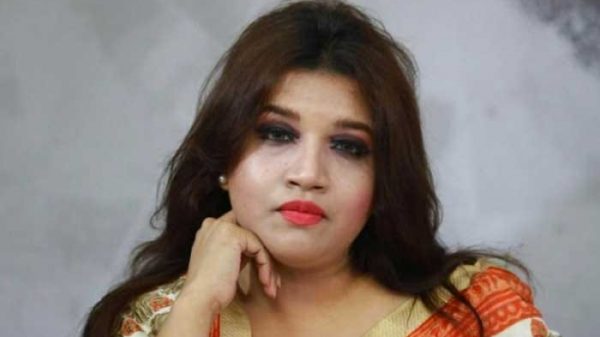- 2022-02-25 02:35:45
- LAST MODIFIED: 2026-02-06 00:26:15
Pilkhana Carnage: Families want to move past trauma
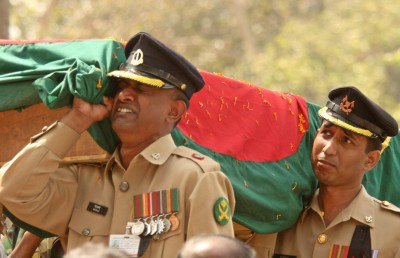
Sanzana Sonia’s life turned upside down when she heard her husband had been shot dead in the BDR mutiny in 2009. She was heavily pregnant with their first child when her husband, Major Mohammad Mominul Islam Sarkar, intelligence officer of the 24 Rifle Battalion, was shot dead by the mutineers.
Their son was born two weeks later. Now a teenager, Sonia’s son questions her about his father’s death, to which Sonia feels like there are no words in the world that could form an answer.
“I know three other women who gave birth after their husbands were killed in the revolt. I know this trauma will keep haunting us for the rest of our lives, but all we are trying to do is protect our children from the agony that they never experienced first-hand,” she told Dhaka Tribune.
There are families like Sonia’s, dealing with a prolonged trauma ever since their loved ones were killed in the Pilkhana revolt. However, families of the BDR mutiny victims now want to protect their children from the trauma and want to see the execution of the convicted.
On February 25, 2009, several hundred disgruntled Bangladesh Rifles personnel – the force was later renamed Border Guard Bangladesh (BGB) – rose in an armed revolt at Darbar Hall during a three-day “BDR Week” inside their Pilkhana headquarters and killed 74 people, including 57 deputed army officers.
Another martyr, Colonel Quadrat Elahi Rahman Shafique’s son, advocate Saquib Rahman saw his father for the last time on February 21, 2009, when his father went to the Brac University hostel in Savar to meet him.
Shafique had joined the BDR as sector commander in Dinajpur just 10 days earlier. Saquib Rahman told Dhaka Tribune: “It was not just a mutiny, it was murder.”
Saquib remembers telling his father that the BDR uniform did not quite fit him as he was used to seeing Col Shafique in army uniform. In reply, Col Shafique told him: “Give it a few days. You will like it.”
The gunman with Col Shafique shook hands with Saquib that day but little did he know that this man was plotting his father’s murder. Saquib's mother was at a cooking program on a TV channel when she heard that there had been a mutiny and many officers had been killed.
"I did not know the fate of my father during the carnage. After seeing the dead body at CMH on February 27, I was convinced that my father was gone,” Saquib. The next 10 days were the longest 10 days of his life. He managed to continue his education with scholarships as his family was going through some financial hardship after his father’s death.
He said that it would be rewarding for the families if the government declared February 25 as Army Martyrs' Day. Saquib told this correspondent that he thought the conspirators behind the mutiny were still in the shadows and therefore a judicial inquiry commission should be formed to bring out the truth.
On November 5, 2013, a trial court pronounced death sentences on 152 of the accused while another 423 were sentenced to different prison terms. On November 27, 2017, the High Court upheld the death sentence for 139 convicts. It also commuted the death sentence of eight convicts to life imprisonment and acquitted four others.
In January 2020, the High Court released the text of its 29,059-page verdict confirming the death penalty for 139 and upholding life imprisonment for 185 others over their involvement in the massacre. It also handed down rigorous imprisonment, ranging from one year to 14 years, to 256 people, mostly BDR soldiers. It acquitted the remaining 278, but the government later appealed against the acquittal of 69 of them.
To mark the anniversary, the near and dear ones of the deceased will attend prayers organised by the BGB at the BGB headquarters and other wings’ premises in Dhaka to pay homage to the martyrs today and tomorrow.
Source: Dhaka Tribune

